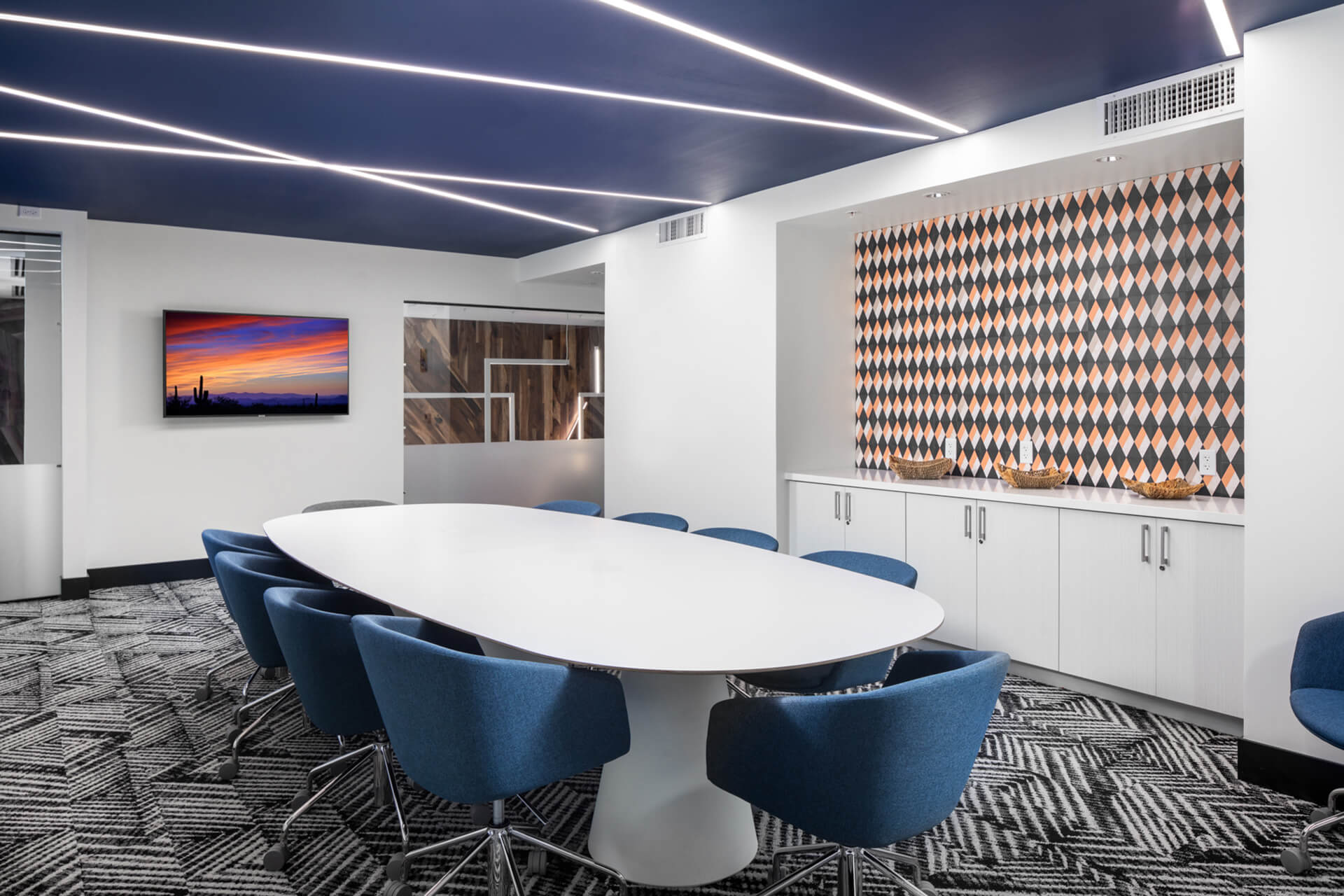With all the social and economic change happening over the past year, most industries are in a state of disruption, and commercial real estate is no exception. While many of the trends we are anticipating for the next several years are not entirely new concepts, the overarching trend is that companies will need to evolve in order to stay relevant.
For the commercial office market, the Dot Com generation of the last several years saw a shift away from closed offices to more of an open and social environment. The current evolution of that has birthed the concept of the “anti-office.” The trend was heightened by the pandemic and driven by the public’s need to feel comfortable and safe in an environment they cannot control, as they would at their own home.
A buzzword that started circulating back in 2018, “resimercial,” has emerged with a vengeance. Over the past year, many companies have shifted to virtual offices and have modified their infrastructure to continue to function as normally as possible while their employees work primarily from home. Pre-pandemic, some companies had already seen the benefits of full-time or part-time telecommuting, while many more have seen the benefits of being able to blur the lines between home and work over the last year. As companies make the decision to return to the office, they will need to find ways to introduce the feeling of home into the commercial office space. This will be driven by providing employees with comfort, familiarity and added amenities that they have become used to while working from home. Resimercial means just that: incorporating a home-like atmosphere into the work environment.
One major change we see is the need for health-and-wellness-related updates such as washable surfaces, open air, fitness components and modified food offerings to be mindful of pandemic concerns. Companies should continue to err on the side of caution regarding sanitation, even in a completely post-pandemic world.
At the root of it all is a concept of empathic design — a design philosophy that focuses on the end user in a deeper way by trying to anticipate wants and needs. By no means is this a new concept, but the importance of it is becoming more widespread. Employers being more in tune with the specific needs of their employees is paramount. Recently, empathic design has taught us that we cannot design only for the energetic extroverts as we have in the past. Creating spaces that accommodate multiple personality types adds depth to a property’s amenities and allows for inclusion and connection. Incorporating fitness spaces, meditation spaces, virtual and augmented reality, art studios and other amenities that foster creativity for multiple personality types will be on the radar. Working from home brings convenience when it comes to child care, food preparation, dry cleaning, laundry, et cetera, and those offerings should be considered as something we incorporate more into the office environment.
